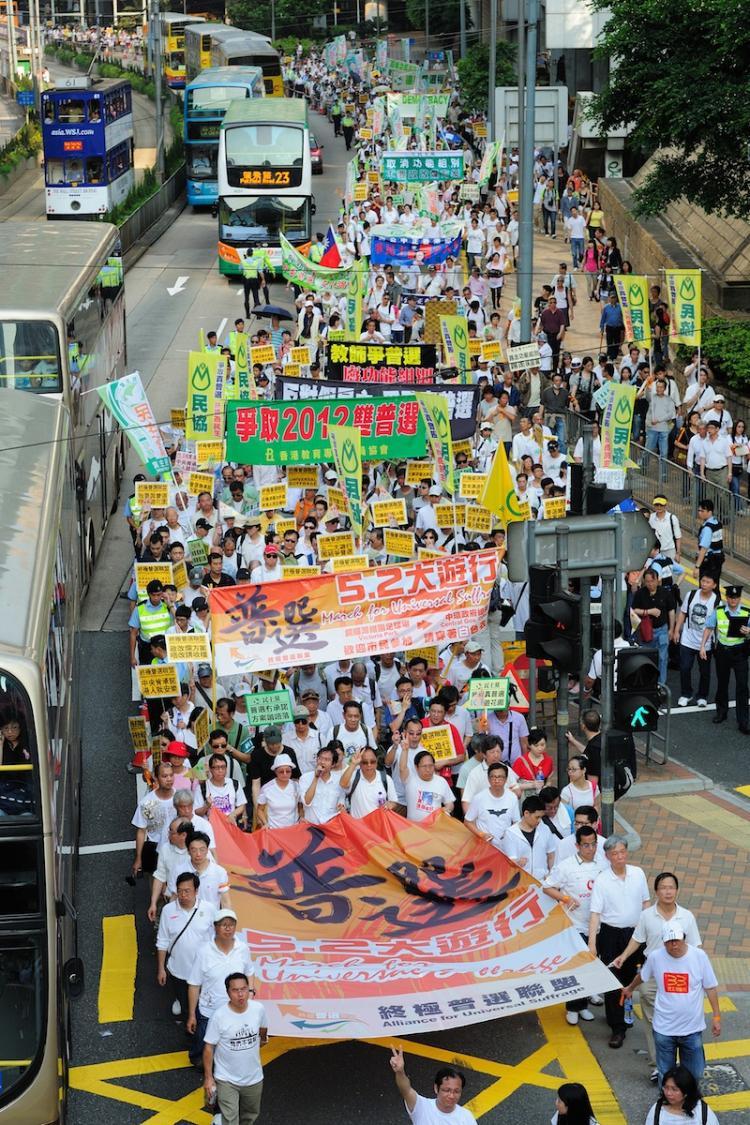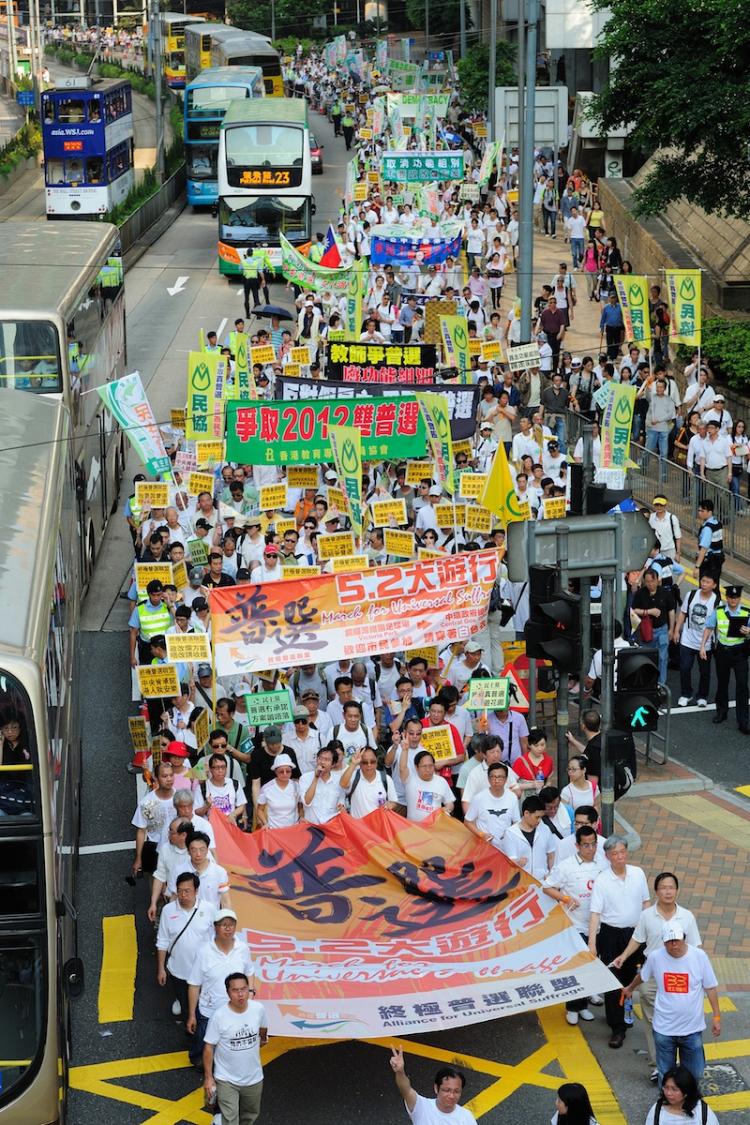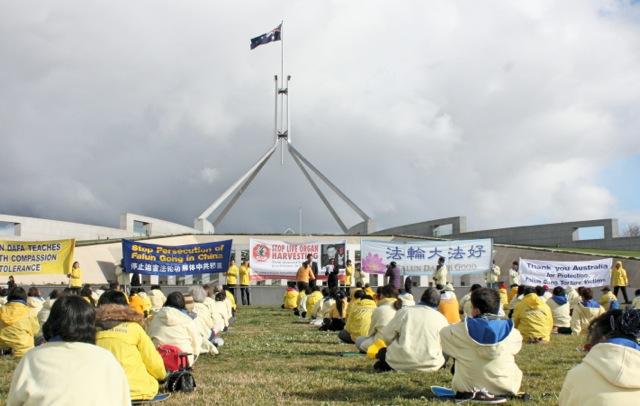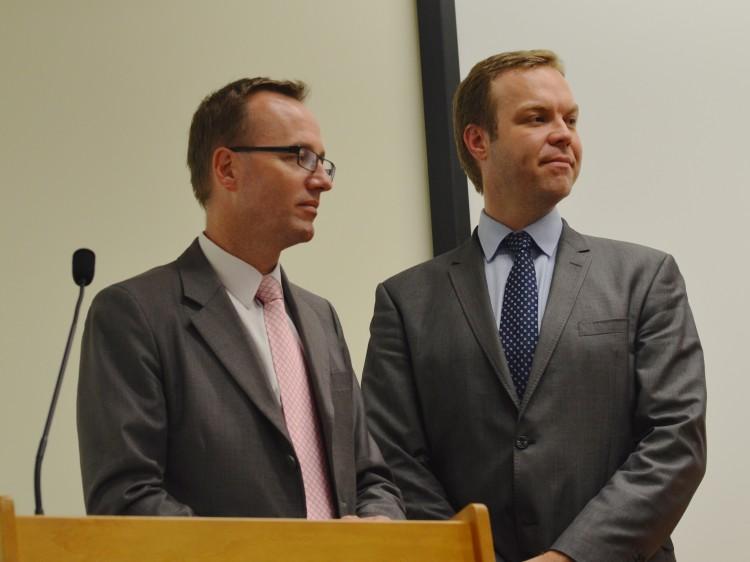Hong Kong Marches for Democracy
Over 1000 people marched for freedom in Hong Kong on Sunday, as public discontent is brewing over the Mainland.
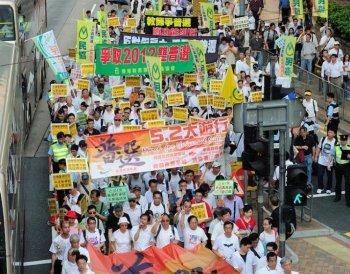
Over 1000 protesters marched for freedom in Hong Kong on Sunday, as public discontent is brewing over Mainland's restriction on democratic governance. Win Hanlin/The Epoch Times
|Updated:
